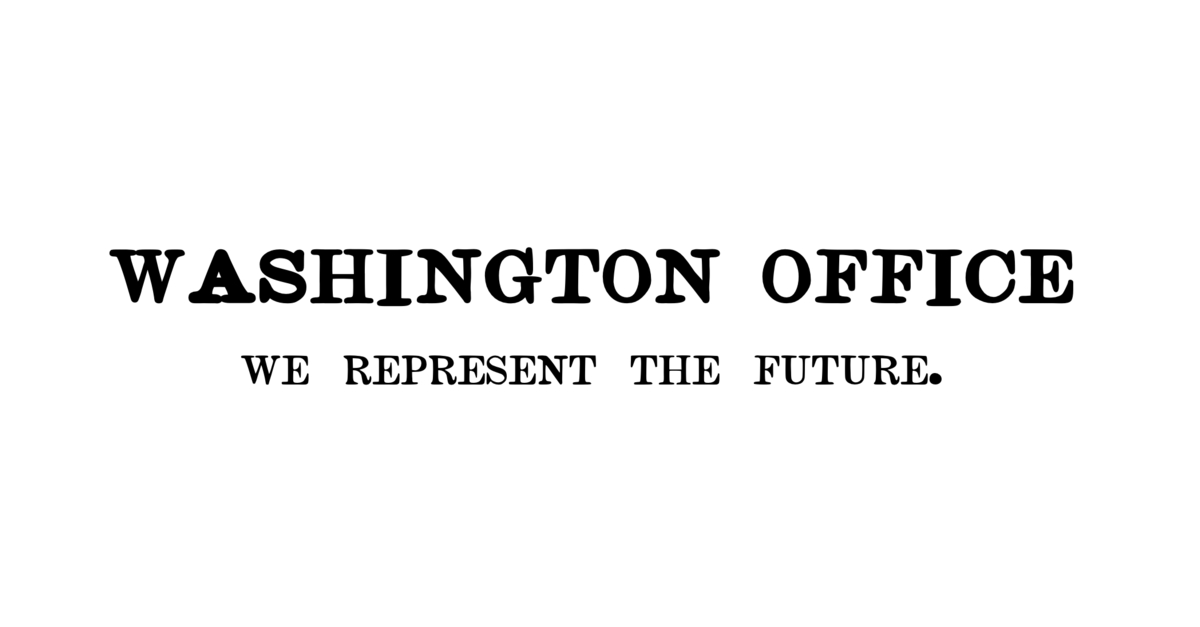Decentralized Finance (DeFi) represents a groundbreaking paradigm shift in the traditional financial landscape, leveraging blockchain technology to democratize access to financial services, foster innovation, and redefine the notion of trust in financial transactions. As the decentralized finance ecosystem continues to expand, it offers unprecedented opportunities for individuals worldwide to participate in an open, transparent, and inclusive financial system. Let’s explore the evolution of DeFi and its transformative impact on global finance.
Understanding Decentralized Finance (DeFi): At its core, DeFi refers to a suite of financial applications and protocols built on blockchain networks, such as Ethereum, that enable peer-to-peer transactions, lending, borrowing, trading, and asset management without the need for intermediaries like banks or financial institutions. By leveraging smart contracts, decentralized exchanges (DEXs), and automated market makers (AMMs), DeFi platforms facilitate secure, transparent, and permissionless transactions, empowering users to maintain full control over their assets and financial activities.
Key Components of DeFi: Decentralized finance encompasses a diverse array of protocols and services, including decentralized exchanges (DEXs), lending platforms, liquidity pools, asset management tools, and synthetic asset issuance platforms. These decentralized applications (DApps) enable users to access a wide range of financial services, including borrowing against crypto assets, earning interest through yield farming, providing liquidity to decentralized liquidity pools, and trading digital assets in a non-custodial manner.
Advantages of DeFi: Decentralized finance offers several key advantages over traditional financial systems, including enhanced accessibility, transparency, security, and interoperability. DeFi protocols operate 24/7, enabling seamless access to financial services for individuals worldwide, regardless of their geographic location or socioeconomic status. Moreover, DeFi platforms leverage blockchain technology to provide transparent and auditable transaction records, mitigating the risk of fraud and manipulation.
Driving Financial Inclusion: One of the most significant promises of DeFi is its potential to drive financial inclusion by providing access to banking services, credit, and investment opportunities to underserved populations worldwide. Through DeFi lending protocols, individuals can access credit without requiring traditional collateral or credit history, empowering entrepreneurs, small businesses, and marginalized communities to participate in the global economy and unlock new avenues for prosperity.
Challenges and Considerations: While DeFi holds immense promise, it also presents significant challenges and considerations, including scalability, security vulnerabilities, regulatory compliance, and user education. Scalability remains a critical issue, as DeFi protocols must contend with network congestion and high gas fees during periods of peak demand. Moreover, security vulnerabilities and smart contract exploits pose risks to user funds, highlighting the importance of robust security audits and risk management practices.
The Future of Decentralized Finance: As the decentralized finance ecosystem continues to evolve, it is poised to catalyze a fundamental transformation in the way financial services are accessed, delivered, and consumed globally. By fostering innovation, collaboration, and responsible governance, DeFi has the potential to unlock new pathways for economic empowerment, financial inclusion, and shared prosperity on a global scale.
Conclusion: Decentralized finance represents a bold experiment in reshaping the foundations of the global financial system, offering a vision of financial inclusion, innovation, and empowerment for billions of individuals worldwide. As we navigate the opportunities and challenges of the DeFi landscape, let us embrace the transformative potential of decentralized finance to create a more equitable, transparent, and resilient financial future for all.



